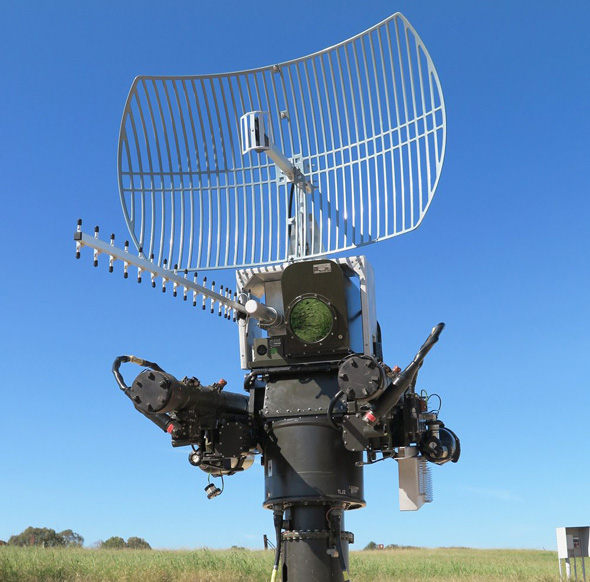Netanyahu Signs Agreement to Sell State-Owned IMI to Elbit Systems
Israeli defense technology company Elbit Systems will pay the state NIS 1.8 billion ($484 million) for the arms manufacturer, but receive NIS 1.5 billion for vacated IMI real estate
On Monday, Prime Minister Benjamin Netanyahu signed a control permit enabling Israeli defense contractor Elbit Systems Ltd. to acquire state-owned arms manufacturer Israeli Military Industries (IMI) Systems Ltd. Elbit will pay Israel NIS 1.8 billion ($484 million) for the company.
For daily updates, subscribe to our newsletter by clicking here.
IMI company develops and manufactures weapon systems including guided missiles, tanks, and armored vehicles. Among IMI’s most successful developments is the Uzi submachine gun, first presented in 1950. The company subdivision that was responsible for manufacturing the submachine gun has been privatized in 2005. The The Israeli government first moved to privatize IMI in 2005, but the motion wasn’t approved until 2013.
 IMI Systems. Photo: PR
IMI Systems. Photo: PR
Signing of the deal has been delayed due to the recent Israel-Gaza conflict and the subsequent resignation of Minister of Defense Avigdor Lieberman last week. Following his resignation, Netanyahu became Israel’s temporary defense minister. Minister of Finance Moshe Kahlon also signed the permit on Monday.
Negotiations regarding the financial terms of the deals concluded several months ago, but agreements regarding the conditions and restrictions levied on Elbit following the acquisition took longer to reach.
- Israeli Defense Contractor Elbit Announces Contract with EU Maritime Safety Agency
- Israeli Regulator Approves Elbit’s Acquisition of Israeli Arms Manufacturer IMI
- Bolstered by Indian Deals, Israeli Arms Export Up 40% in 2017
As part of the agreement, Elbit will vacate by 2023 an area of approximately 6 square kilometers in the IMI complex in central Israel, in exchange for NIS 1.5 billion ($403 million). Around 34,000 housing units are planned for the vacated area. The Israel Land Authority noted that the first stage is expected to begin in 2019, with the development of about 10,000 housing units.



